11 Simple & Amazing Natural Fertilizers for Indoor Plant Care
Indoor plant care thrives on the nurturing touch of natural fertilizers, which serve as the lifeblood for vibrant and healthy growth.
These organic boosters are like nature's own magic potions, enriching soil with essential nutrients while being gentle on your beloved plants.
Unleashing a world of greenery indoors becomes so much easier when you tap into these earth-friendly options.
Imagine lush leaves and blooming buds, all thanks to the power harnessed from organic sources.
The beauty of natural fertilizers lies in their ability to cater to various plant needs without harsh chemicals.
They quietly work wonders beneath the surface, creating an environment where indoor plants can flourish effortlessly.
In this journey through green-thumb secrets, you'll uncover 11 remarkable ways to nurture your indoor garden naturally.
Green Tea Nurtures Thriving Houseplants
Green tea provides an eco-friendly fertilizer boost for houseplants like azaleas and ferns that love acidic soil conditions.
Packed with essential nutrients such as nitrogen, phosphorus, and potassium, this beverage supports plant growth in remarkable ways.
Calcium and magnesium within green tea further enhance its nutritional benefits for indoor gardens.
Alternatively, spreading dried tea leaves directly onto soil acts as a natural mulch.
Tannic acid makes this method less suitable for plants preferring neutral or alkaline environments.
Home plant enthusiasts can easily nourish their green companions while enjoying their favorite drink.
Sustainable care becomes a delightful part of daily routine with this clever gardening hack.
Green Gold Garden Fertilizer
Corn gluten meal stands out as a powerful organic fertilizer packed with high nitrogen content that gardeners love.
Home gardeners have embraced this grain processing byproduct for its remarkable weed prevention capabilities.
Landscape enthusiasts appreciate its dual-purpose nature as both a nutritious soil supplement and a natural herbicide.
Plant supply shops stock this valuable resource for green-thumbed individuals seeking eco-friendly solutions.
Unlike regular cornmeal found in grocery stores, this specialized product offers unique garden benefits.
Spreading a thin layer over soil requires minimal effort and works wonders for plant health.
Chemical-free and environmentally friendly, corn gluten meal represents a smart choice for nurturing healthy gardens.
Fertile Fireplace Ash Gardening Secrets
Wood-burning fireplaces radiate comforting warmth and offer an unexpected garden bonus through their leftover ash.
Hardwood ashes from oak or birch trees pack the most powerful nutrients for plant growth.
Composting wood ash creates a safe, mineral-rich fertilizer that boosts indoor plant health naturally.
Lime, potassium, and trace elements in these ashes nourish soil without risking damage from direct application.
Softwood remnants also contribute valuable minerals to your gardening strategy.
Careful mixing prevents potential lye or salt risks that could harm delicate plants.
Simple techniques turn wood ash into a sustainable, eco-friendly fertilizer solution.
Banana Peels: Nature’s Potent Plant Fertilizer
Packed with calcium, iron, and vitamins A and C, banana peels offer incredible fertilizing potential for curious plant lovers.
Home gardeners can easily transform kitchen waste into nutritious plant food through simple techniques like steeping peels in water or blending them into a quick liquid supplement.
Nutrient-rich water from soaked banana peels provides a natural, cost-effective way to nourish soil and support plant growth.
Roots absorb these organic minerals rapidly when the liquid is poured directly around plant bases.
Resourceful plant enthusiasts appreciate how this method reduces waste while improving garden health.
Banana fertilizer represents an eco-friendly approach to plant care that connects kitchen scraps with gardening success.
Aquarium Nutrients Boost Plant Life
Fish tank water packs a powerful nutrient punch for houseplants, delivering essential elements like ammonia, nitrogen, phosphorus, and potassium directly to roots.
Careful selection matters when choosing which water to use, as not all aquarium liquids benefit green companions equally.
Saltwater tanks are completely off-limits for plant nourishment, while freshwater sources can offer significant advantages when handled correctly.
Proper tank maintenance determines water quality, so recent water changes become a critical factor in safe plant fertilization.
Filtering helps remove potential harmful organisms before applying liquid to soil.
Chemical risks mean edible plants require extra screening before receiving aquarium water treatments.
Smart plant enthusiasts can leverage these nutrient-rich liquids to support robust growth in their indoor botanical collections.
Calcium-Rich Eggshell Garden Magic
Crushed eggshells pack a powerful punch for garden health, delivering essential nutrients like calcium carbonate that strengthen plant roots and balance soil acidity.
Minerals such as magnesium, phosphorus, and potassium boost your garden's nutrition while creating a natural pest barrier against slugs, snails, and deer.
Sharp shell edges deter soft-bodied creatures, making your garden an unwelcoming zone for unwanted visitors.
Collecting these garden helpers starts in your kitchen with a simple rinse and dry process, saving shells in an empty carton until you gather enough for your plants.
Crushing the shells into fine powder using a food processor or rolling pin prepares them for garden distribution.
Wearing a mask prevents inhaling shell dust during preparation.
Sprinkling the crushed mixture around plant bases provides a slow-release nutrient boost.
Nutrient-Rich Liquid Feeds Green Life
Leftover cooking water becomes a secret weapon for nurturing houseplants, packed with essential nutrients like calcium, nitrogen, and phosphorus.
Boiled eggs, grains, legumes, and vegetables create a nutrient-rich liquid that supercharps plant growth when cooled and applied carefully.
Moisture-loving plants such as crotons and calatheas especially thrive on this natural fertilizer.
Smart gardeners know this simple method enhances soil's moisture retention without complex preparation.
Organic produce water works best, avoiding salty or chemically treated liquids that could harm delicate root systems.
Cooling the water completely prevents potential plant damage from heat.
Saving this liquid takes zero extra effort and reduces kitchen waste.
Natural plant care doesn't get easier or more economical than repurposing cooking water.
Magnesium Magic for Gardens and Bodies
Magnesium-packed Epsom salts work magic in bathrooms and gardens across households.
Weekend warriors love dropping these crystals into warm water to melt muscle tension and soothe aching bodies.
Gardening enthusiasts sprinkle the salts around struggling plants, hoping to boost nutrient absorption and restore struggling greenery.
Science backs some claims about Epsom salts' healing properties for humans, though plant benefits remain less certain.
Careful application matters most when using this mineral mix near flowers and vegetables.
Home health practitioners recommend one teaspoon per gallon of water for optimal results.
Magnesium's natural healing powers shine through whether you're soaking tired muscles or nurturing delicate garden patches.
Researchers continue exploring the potential benefits of this versatile mineral compound.
Protein Power: Plant Nutrition Hack
Plant lovers rejoice!
Gelatin, a protein derived from animal collagen, offers an unexpected boost for houseplants.
This organic fertilizer breaks down slowly, preventing harmful nitrogen buildup that damages delicate stems and leaves.
Kitchen staples become garden magic when you mix one gelatin packet with hot water, creating a nutrient-rich solution.
Dissolving the powder completely ensures even distribution of essential minerals throughout the liquid.
Simply combine one packet with a cup of hot water, then add three cups of cold water for the perfect plant-feeding mixture.
Monthly applications provide steady nourishment, helping your green companions grow strong and healthy.
Unlike chemical alternatives, this natural approach supports plant development without risking damage.
Home gardeners can easily create this affordable, effective fertilizer using common ingredients found in most kitchens.
Coffee Grounds Magic for Gardens
Used coffee grounds pack a powerful punch for plant health, delivering essential nutrients like nitrogen, calcium, and potassium that supercharge growth.
Worms love these grounds, which improve soil drainage and nutrient access while helping absorb harmful heavy metals from contaminated earth.
Drying grounds on a baking sheet prevents mold and prepares them for sprinkling around houseplants, but gardeners should use sparingly to avoid blocking water absorption.
Soaking coffee grounds in water creates a nutrient-rich liquid fertilizer that boosts plant strength when sprayed on leaves or mixed into garden soil.
This eco-friendly method transforms waste into garden gold, giving plants an extra nutritional boost.
Gardening enthusiasts can easily collect used coffee grounds from their morning brew.
Simple techniques like sun-drying or low-heat oven preparation make this process accessible to anyone with a green thumb.
Sweet Soil Superfood Booster
Molasses emerges as a powerhouse nutrient booster for gardens, packed with essential minerals like calcium, iron, copper, and magnesium.
Sugarcane refinement produces this thick, sticky substance that dramatically enhances plant health and resilience.
Spraying this solution on houseplants once or twice monthly provides crucial micronutrients without making them overly dependent.
Unsulfured varieties protect beneficial microbes critical to plant growth.
Micronutrient-rich solutions help ward off potential pests and diseases.
Roots absorb these minerals, strengthening overall plant vitality.
Nature's sweet secret weapon supports robust garden ecosystems with minimal effort.

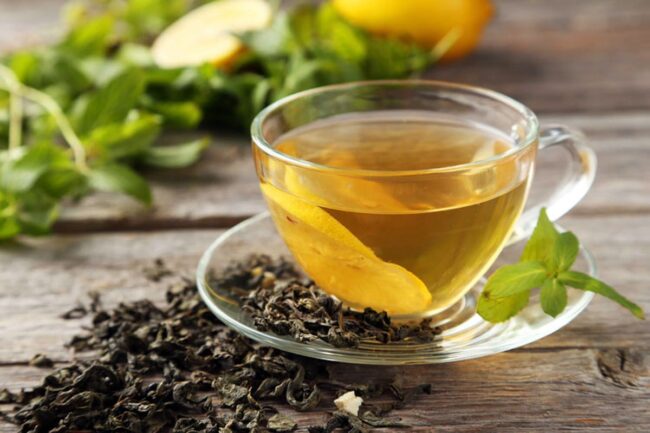
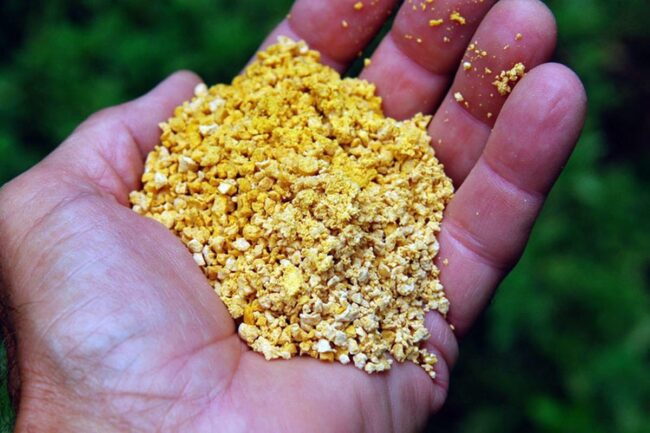
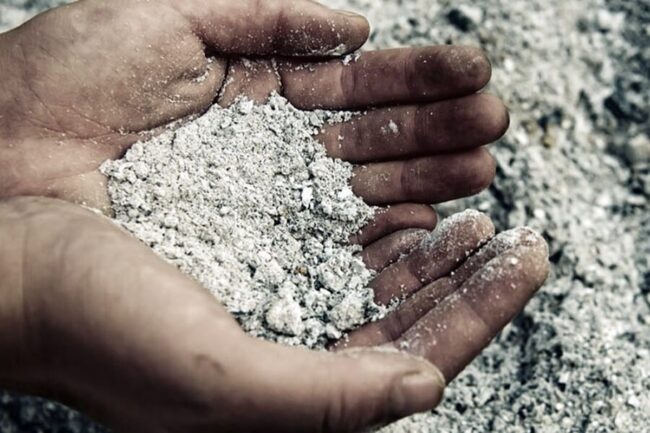
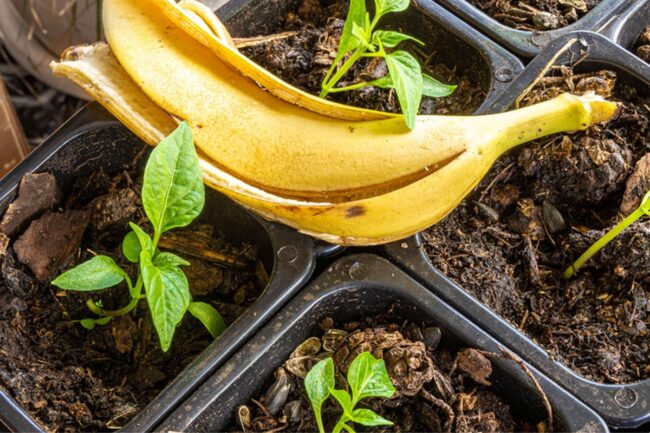
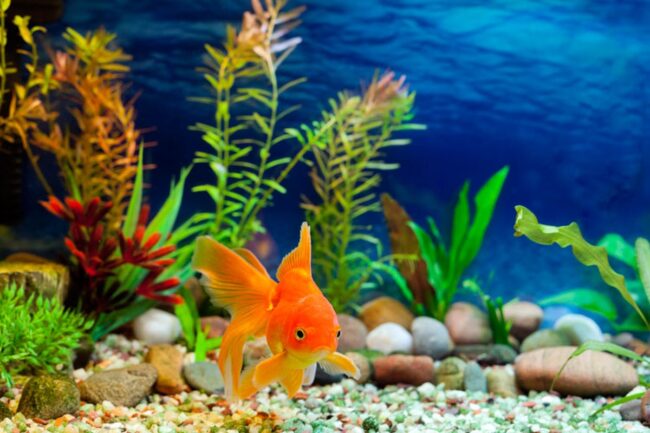
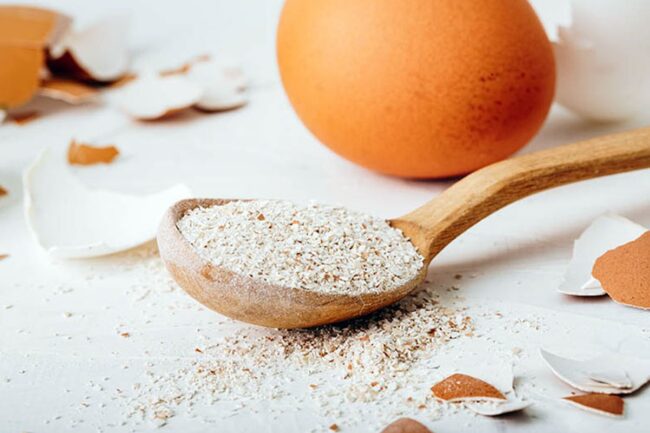

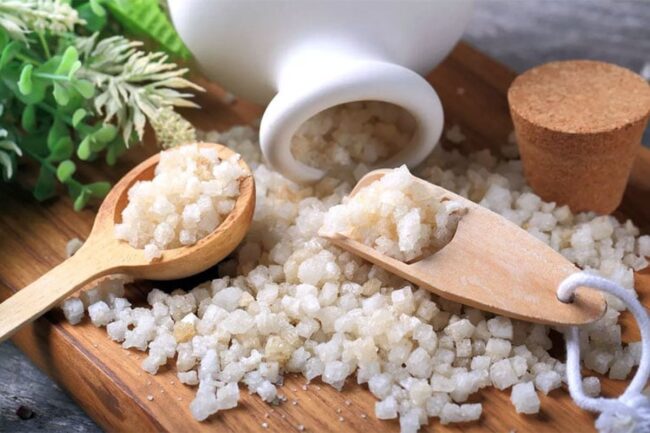
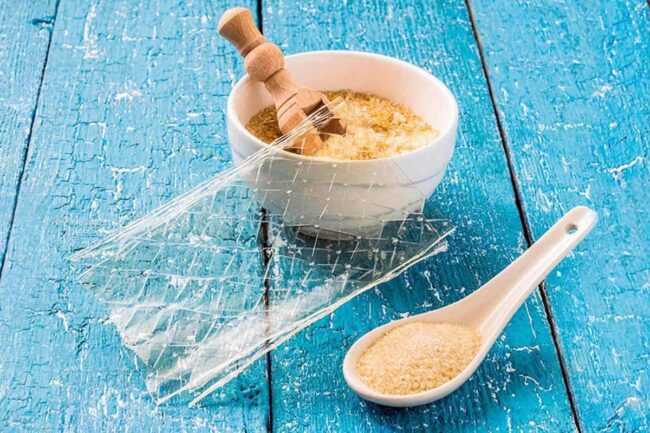
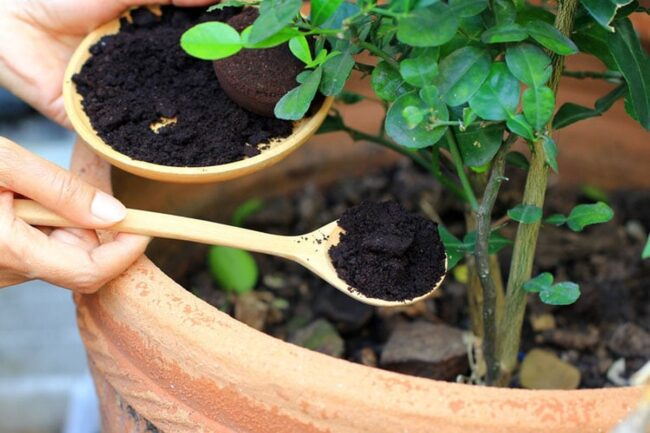
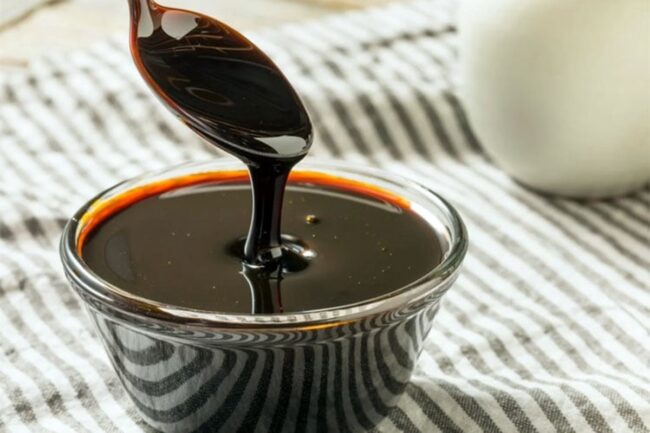
Ethan Mitchell
Founder & DIY Home Improvement Specialist
Expertise
DIY home improvement, sustainable construction, hands-on building techniques, project planning, tool expertise, eco-friendly design, step-by-step DIY guides, home renovation strategies
Education
Portland Community College, Portland, OR
Ethan Mitchell is the founder of Archeworks.org, a platform for practical DIY home solutions. With over 10 years of experience in sustainable home design and construction, Ethan simplifies projects with clear guides and eco-friendly tips. His background in construction technology ensures every project is approachable and effective.
At Archeworks.org, Ethan shares step-by-step tutorials, green living ideas, and tool safety tips, inspiring readers to improve their homes with confidence. For Ethan, DIY is about learning, creating, and feeling proud of what you build.